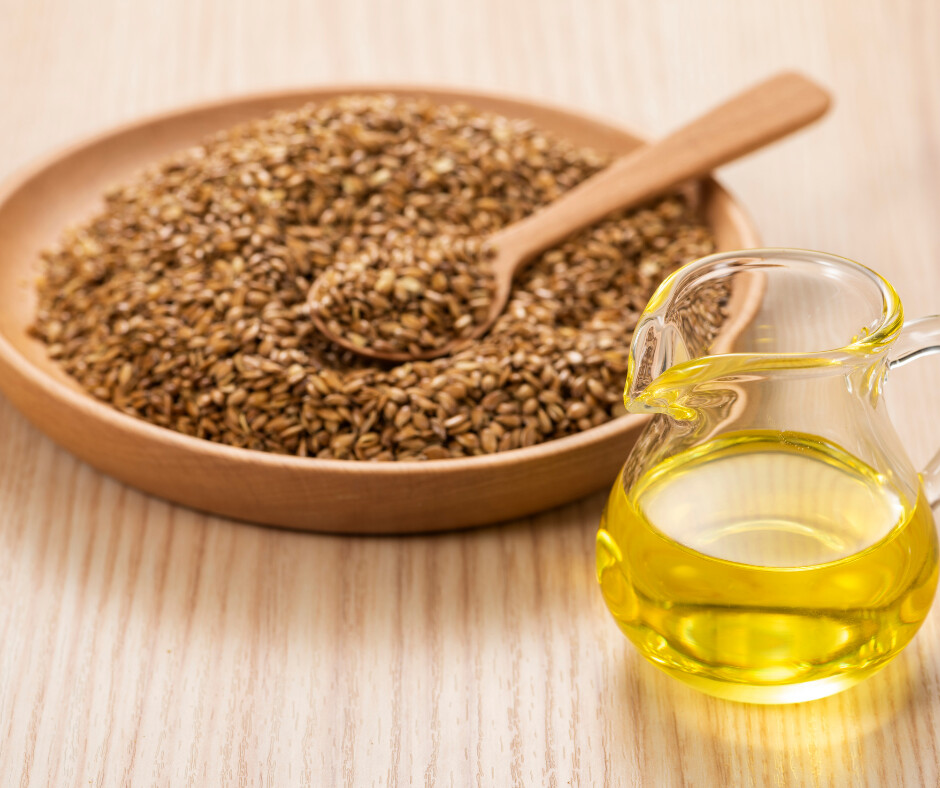
Flaxseeds are incredibly nutrient dense and have been heavily studied for their health benefits. For just pennies a day, you can consume this powerhouse and support your overall wellness. They contain a broad spectrum of fatty acids, amino acids, vitamins, minerals, and protein. They have been eaten by humans for approximately 6,000 years. And with so many people now sensitive to gluten, flaxseeds are a great way to naturally replace gluten-containing grains in recipes. Flaxseeds are usually easily metabolized and are also anti-inflammatory. Here are more benefits of the fantastic flaxseed.
High in Fiber
Flaxseeds are low in carbohydrates but extremely high in both soluble and insoluble fiber. This means it can support colon detoxification, may help with fat loss, and can help reduce sugar cravings. Because they are so full of fiber, they can make you feel full longer and will slow the flow of sugar into your bloodstream. Just two tablespoons a day provides approximately 20 to 25% of your daily fiber needs.
Cardiovascular Health
Flaxseeds are a rich source of alpha-linolenic acid (ALA), which is a mostly plant-based omega-3 fatty acid. ALA is one of the two essential fatty acids that you have to obtain from the food you eat because your body does not produce it. Studies are on-going about how consuming flaxseeds can reduce blood pressure and the ALA in them may help prevent the deposit of cholesterol in blood vessels. One study in people with high cholesterol found that the consumption of three tablespoons of flaxseed powder daily for three months reduced "bad" LDL and lowered total cholesterol. The ALA in flaxseeds also benefits the skin and hair by providing essential fatty acids. And the B vitamins in them can help reduce scalp dryness and flakiness.
Whole or Ground?
Seeds are nature's way of protecting the important building blocks contained within. Inside the hard shell of flaxseeds are polyunsaturated fatty acids, amino acids, and other fat soluble vitamins. Once flaxseed is ground, those components are exposed to oxygen and begin to degrade. Experts recommend that manufacturers remove the oxygen from ground flaxseeds when they are packaged by flushing the oxygen out with nitrogen. The same principle applies to flaxseed oil. Flaxseeds absorb water, so make sure you are very well hydrated when consuming the. If you are eating whole flaxseeds, chew them well. Or try soaking a tablespoon of whole flaxseeds in water over night and drink the gelatinous mixture in the morning.
Flaxseed Oil or the Seed?
Flaxseed has one of the highest levels of the polyphenol known as lignan. Lignans are a powerful anti-oxidant. If you are consuming the oil, you may want to supplement with whole or ground flaxseed so that you get the lignans in both forms. It is important to not heat flaxseed oil because heat will break it down and cause it to become rancid. If you are eating ground flaxseed, you can sprinkle it on top of other foods or add it to a smoothie.
May Help Lower Cancer Risk
As part of a healthy diet, flaxseeds may be able to help prevent certain types of cancer. Some studies have shown that women experience a reduced risk for developing breast cancer when they consume larger amounts of dietary fiber and lignans. It is thought that lignans may stop tumors from forming new blood vessels and growing.
Did this help you? If so, I'd greatly appreciate it if you commented and/or share it on social media.

Email: sharonledwards@hotmail.com
Facebook: https://www.facebook.com/sharonledwardsbiz/


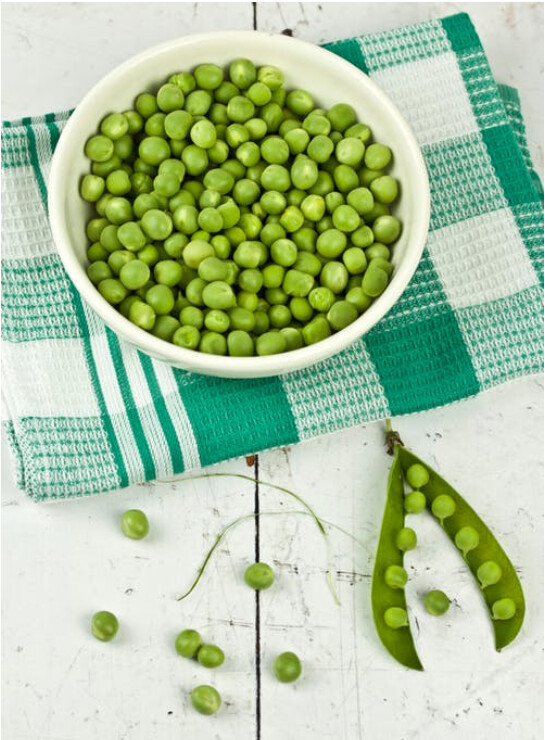
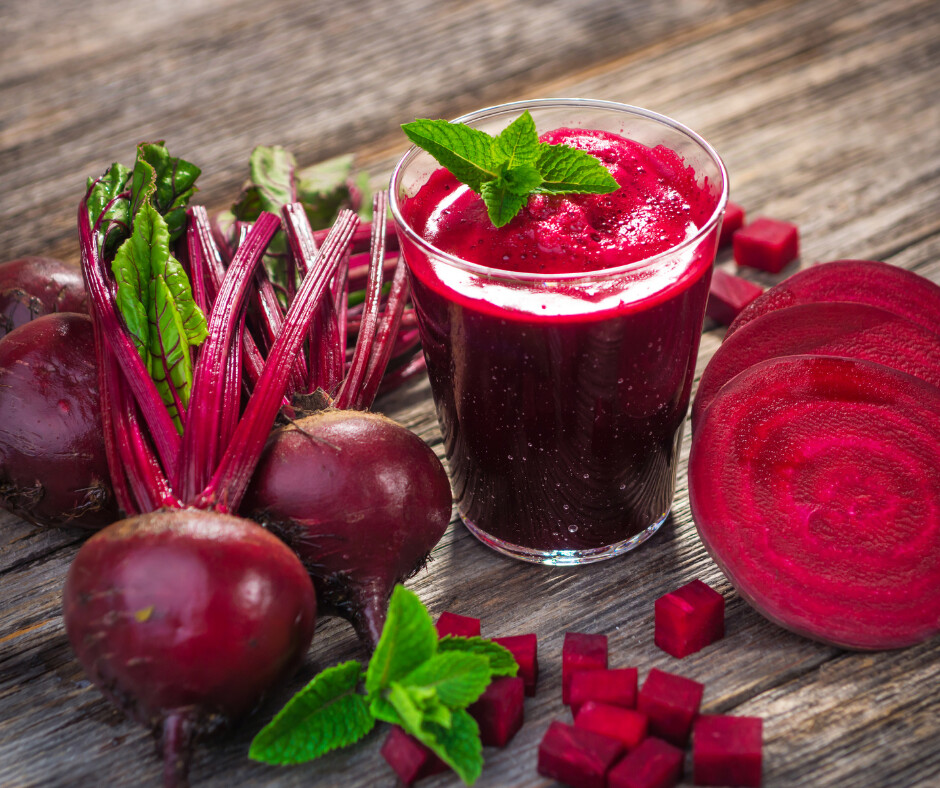
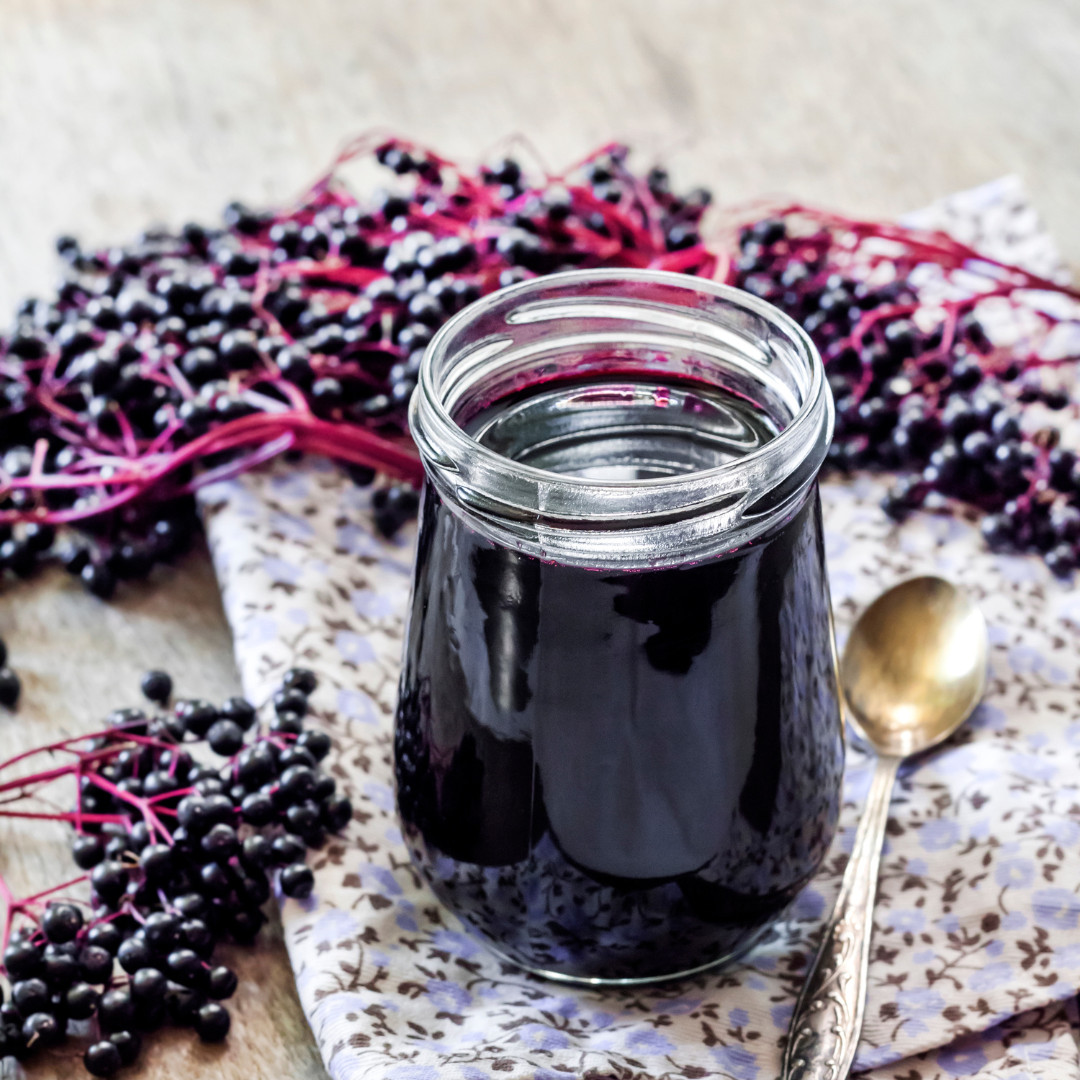

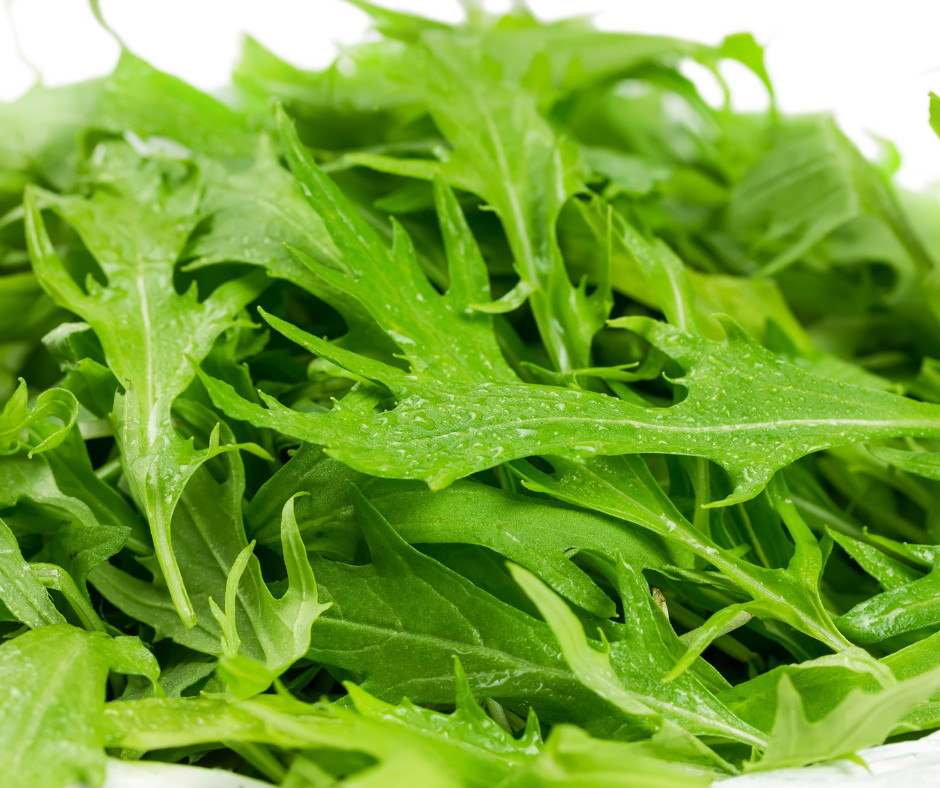



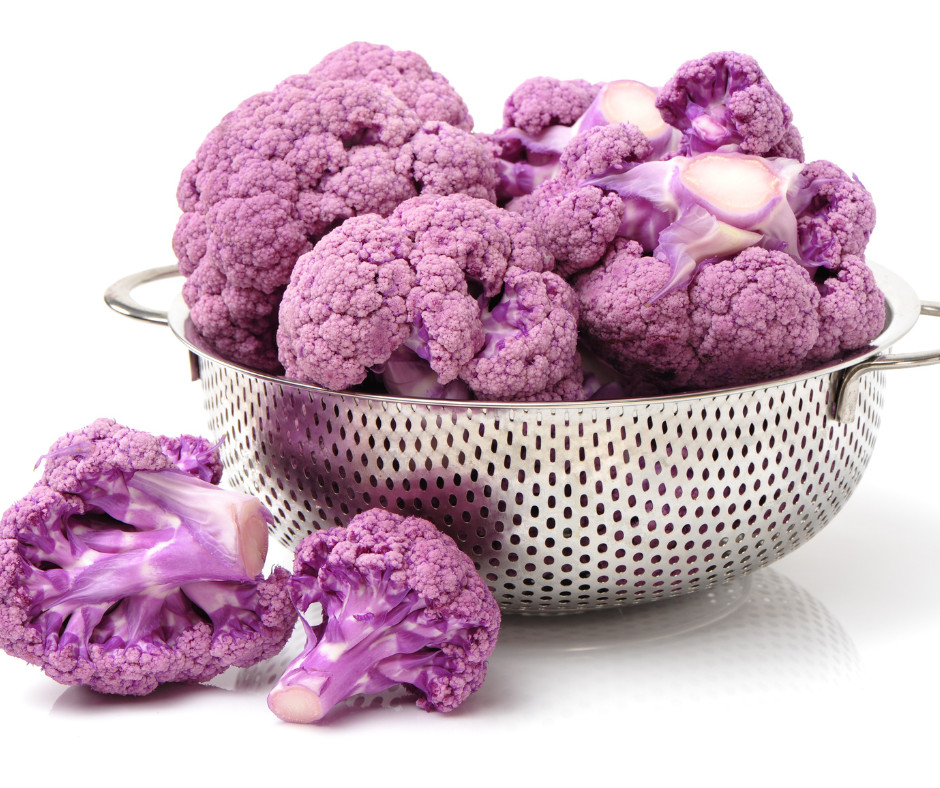
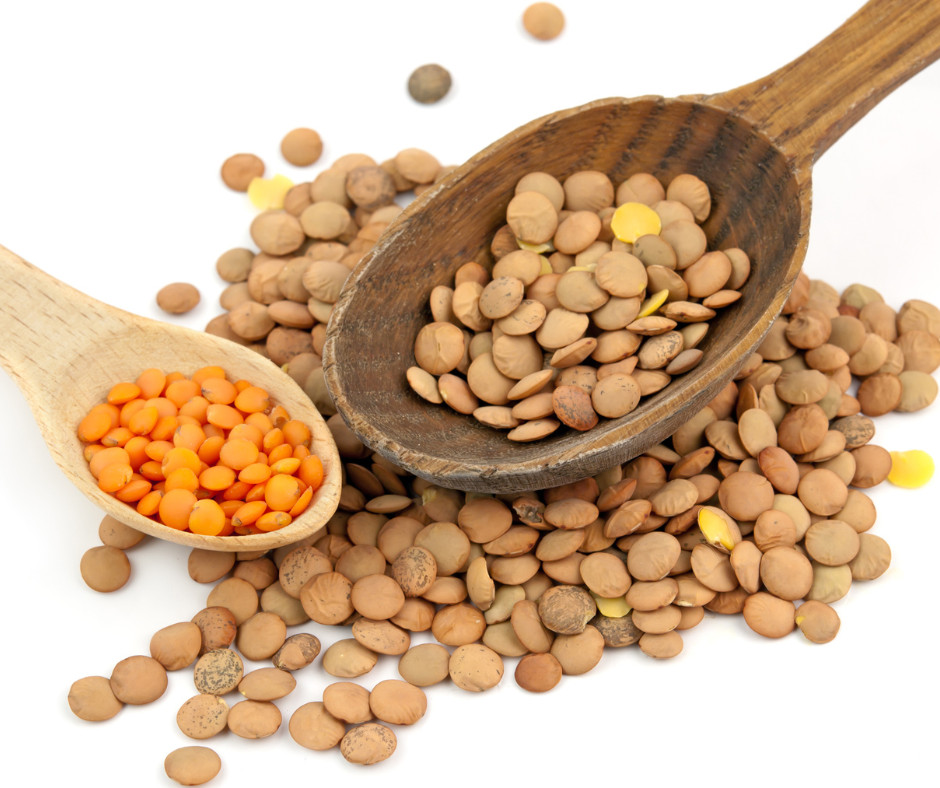
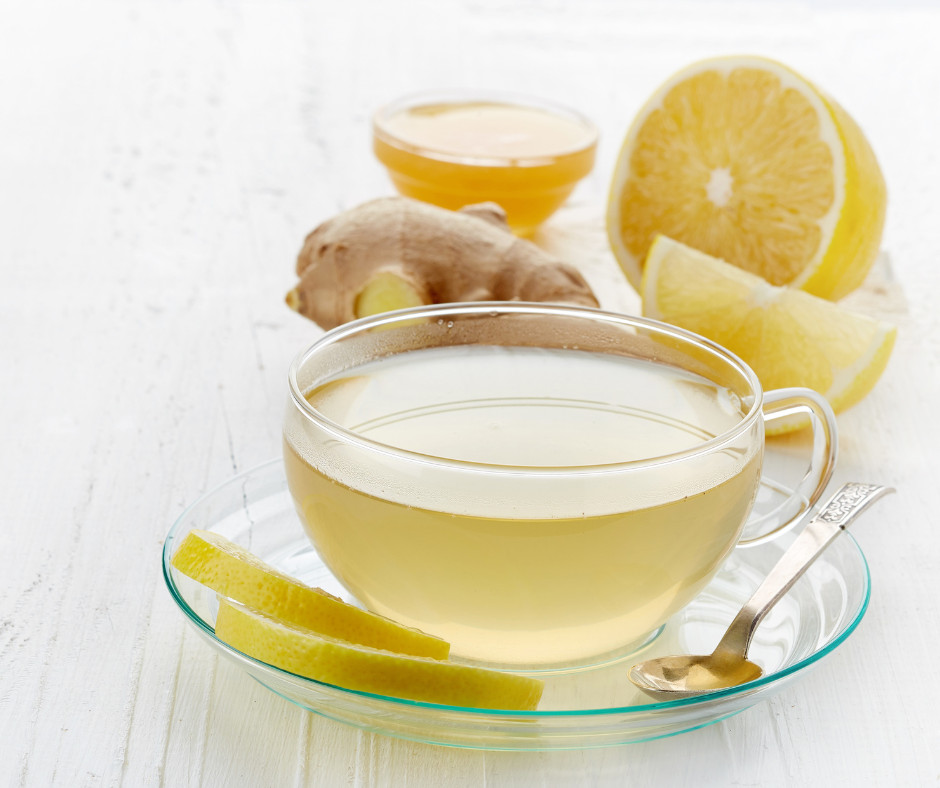





0 Comments